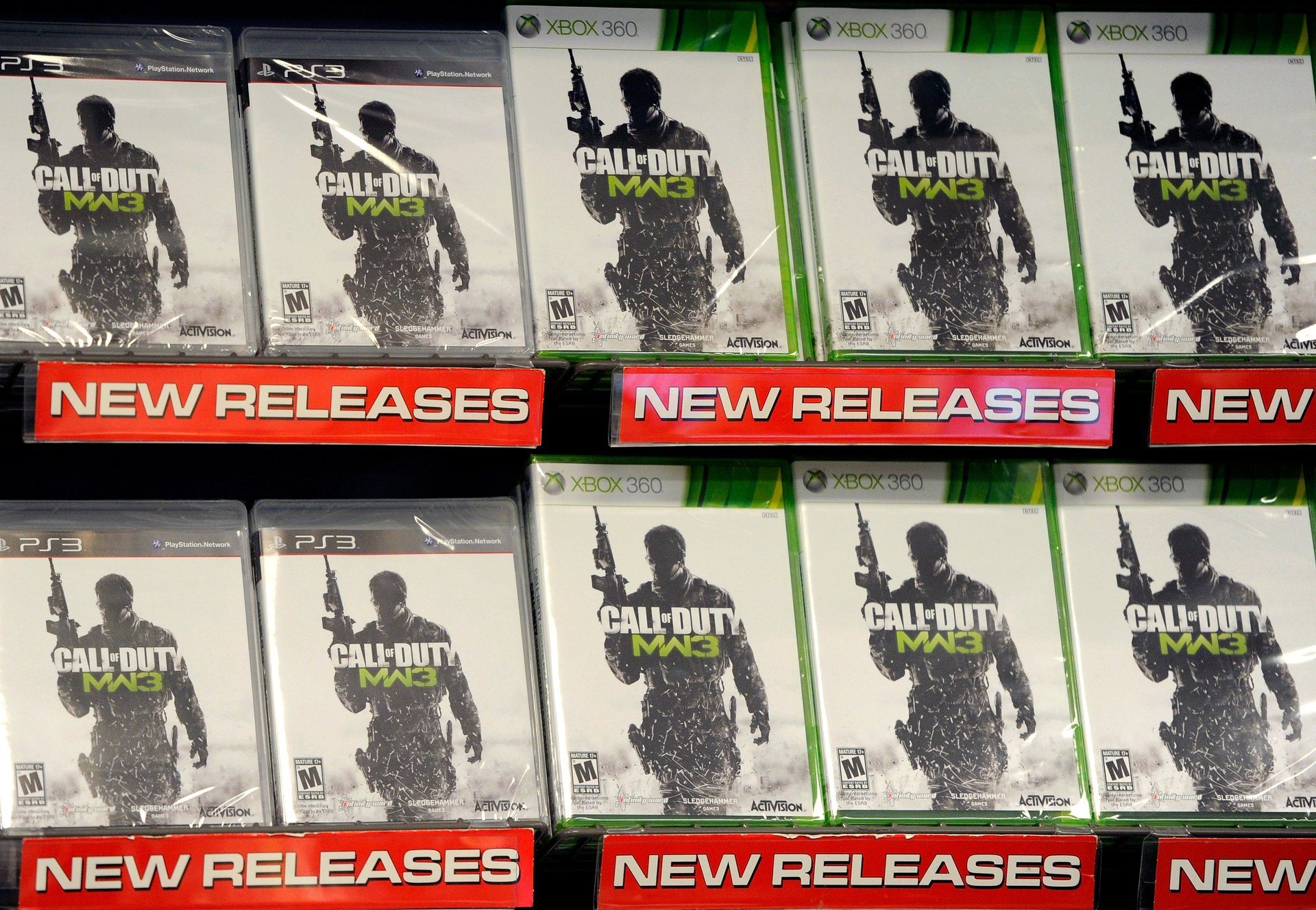Microsoft's Activision deal put it back in the US's antitrust crosshairs
The FTC is suing to block the $69 billion merger that promises to change the video game industry

Microsoft, once synonymous with large antitrust cases, has mostly flown under the radar for the past decade, with Alphabet, Amazon, Apple and Meta receiving the bulk of the US government’s scrutiny of monopoly powers. But Microsoft’s bold foray into video games may have ended its grace period.
The US Federal Trade Commission (FTC) announced it will sue to block Microsoft’s $69 billion takeover of Activision, the video game publisher responsible for titles such as Call of Duty, World of Warcraft, Overwatch, and the mobile game Candy Crush.
If approved, the deal would “enable Microsoft to suppress competitors to its Xbox gaming consoles and its rapidly growing subscription content and cloud-gaming business,” the FTC argued.
“We continue to believe that this deal will expand competition and create more opportunities for gamers and game developers,” Microsoft president Brad Smith said in a statement. “We have been committed since Day One to addressing competition concerns, including by offering earlier this week proposed concessions to the FTC. While we believed in giving peace a chance, we have complete confidence in our case and welcome the opportunity to present our case in court.”
No more flying under the radar for Microsoft
Microsoft’s focus on enterprise software has largely kept it out of the US regulatory tussling in recent years over “content moderation and predatory pricing discussions that embroil the other Big Tech companies,” Sarah Oh, a senior fellow at the Technology Policy Institute, told Quartz in January.
Microsoft was thus able to gain regulatory approval for a series of important deals, including the acquisitions of:
- video-conferencing software Skype for $8.5 billion in 2011,
- the gaming company that built Minecraft for $2.5 billion in 2014,
- social network LinkedIn for $26 million in 2016,
- software platform GitHub for $7.5 billion in 2018, and
- the speech recognition company Nuance for $26 billion in 2021.
But Joe Biden’s nomination of Lina Khan, a noted critic of tech monopolies, to chair the FTC assured a tougher antitrust environment for all of merger-happy Silicon Valley.
Another US v. Microsoft?
Microsoft was once synonymous with US antitrust enforcement as the defendant in US vs. Microsoft, a landmark case in which the government accused Microsoft of abusing monopoly power by linking its Windows operating system to its Internet Explorer web browser. Microsoft settled in 2001 under the conditions it would share its application programming interfaces (APIs) with third-party developers.
In its new complaint, the government criticized Microsoft’s past practices in the gaming industry, such as buying up video game publishers and making their titles exclusive to the Xbox platform.
The effect of the Activision deal is largely vertical, meaning that Microsoft would control more of the total video game supply chain, as opposed to horizontal deals that simply consolidate the number of total players in the industry. There are, of course, horizontal aspects to the merger too, as Microsoft already publishes video games of its own and would largely expand its efforts at that level of the supply chain.
This article has been updated to include a statement from Microsoft.